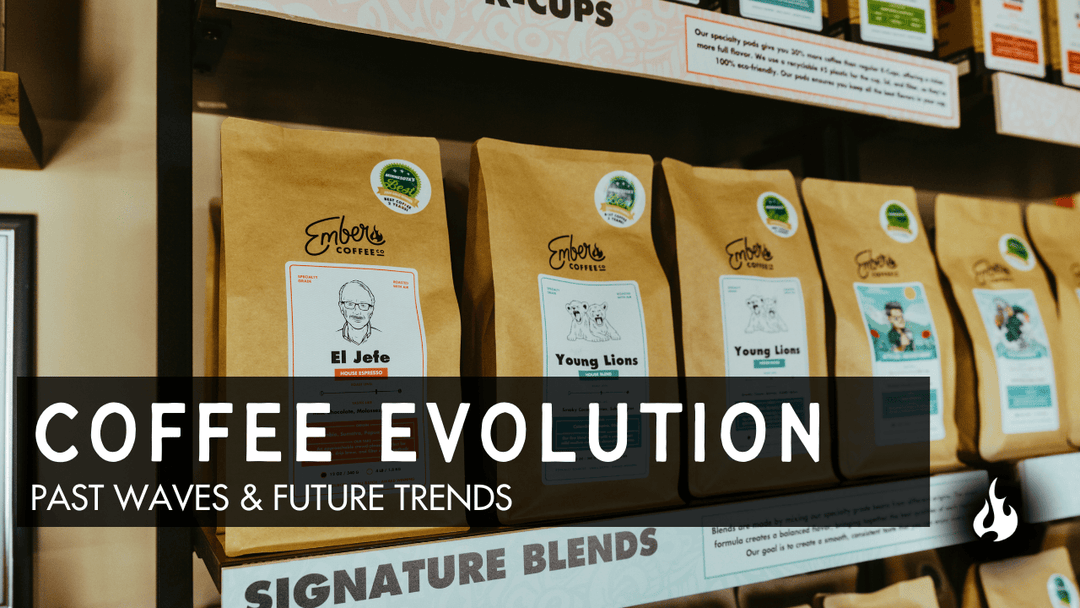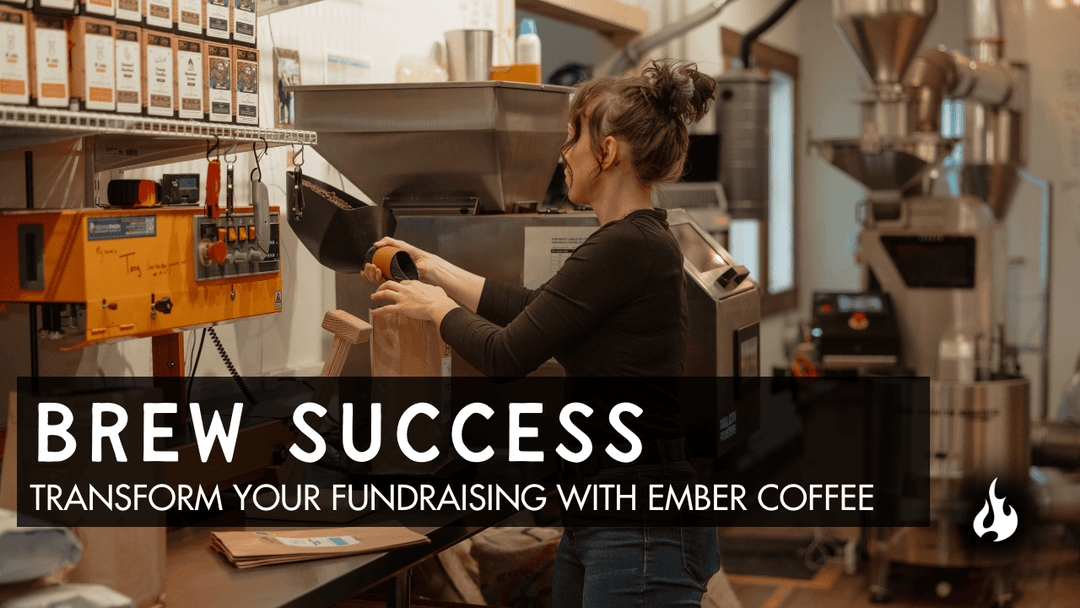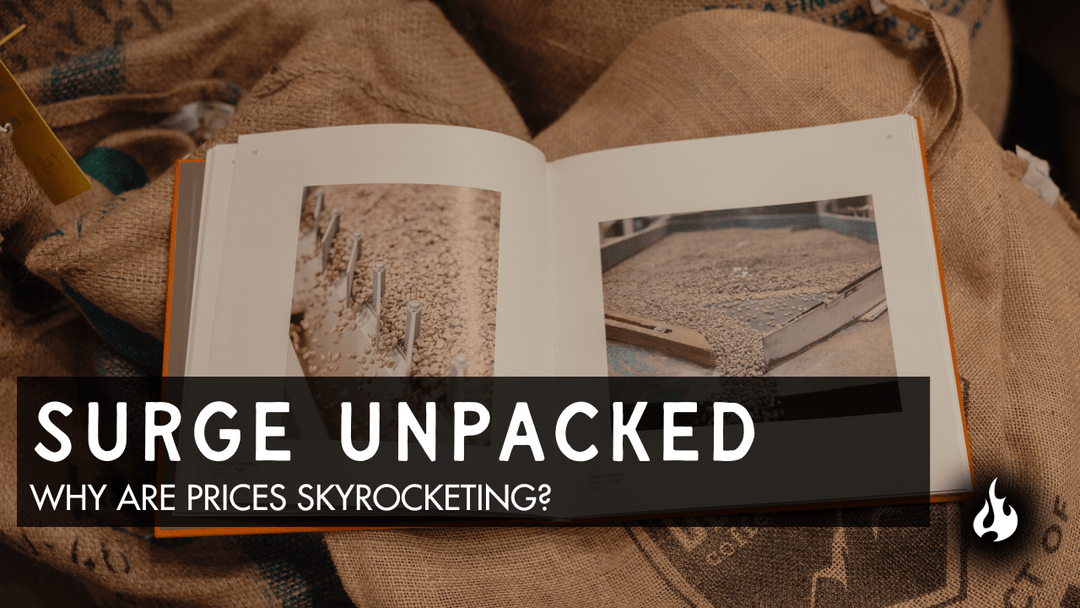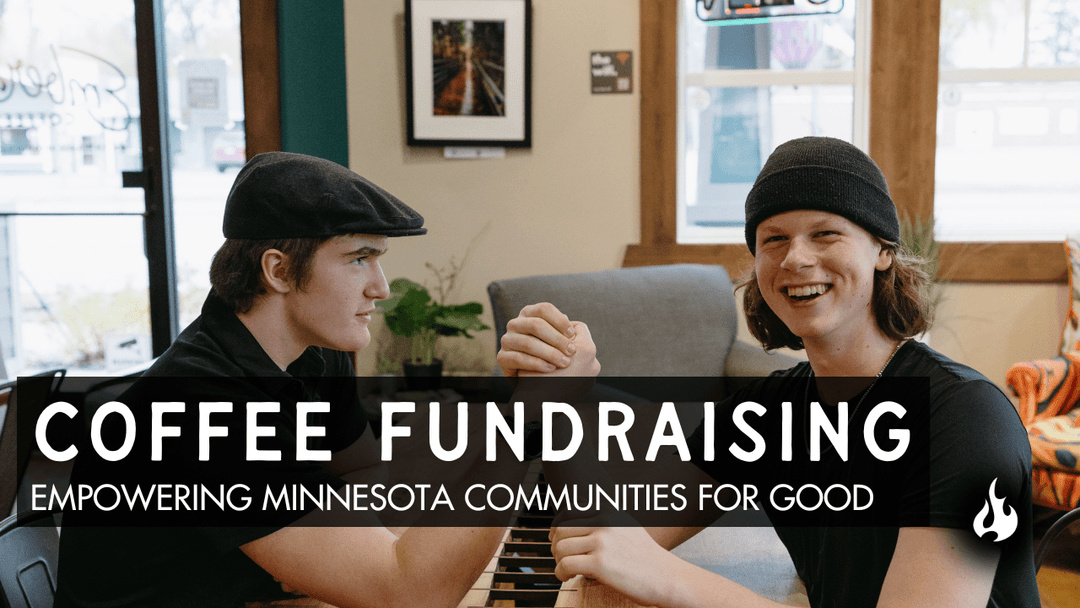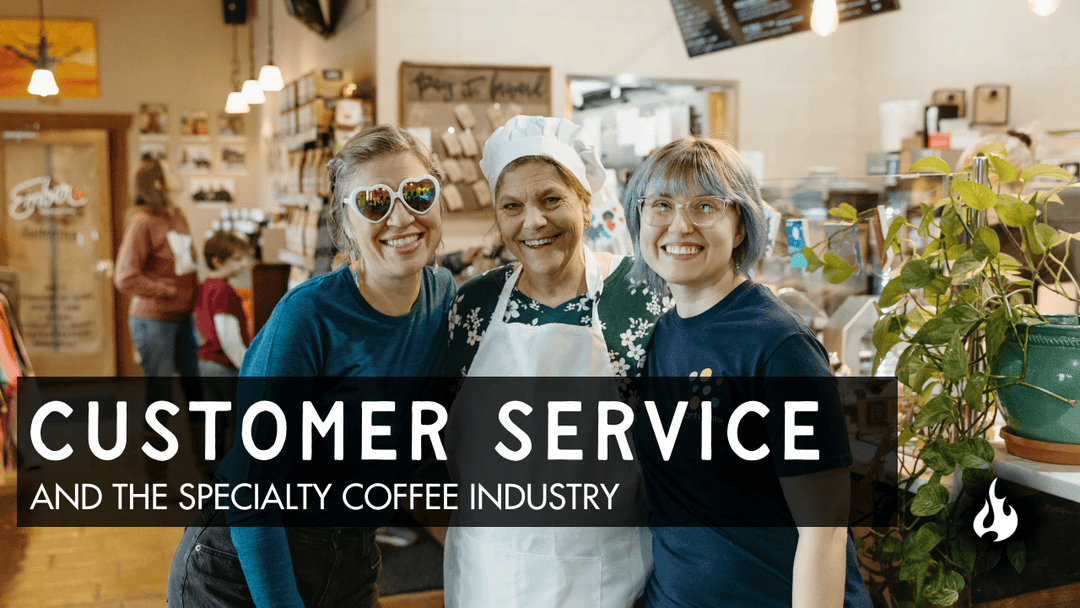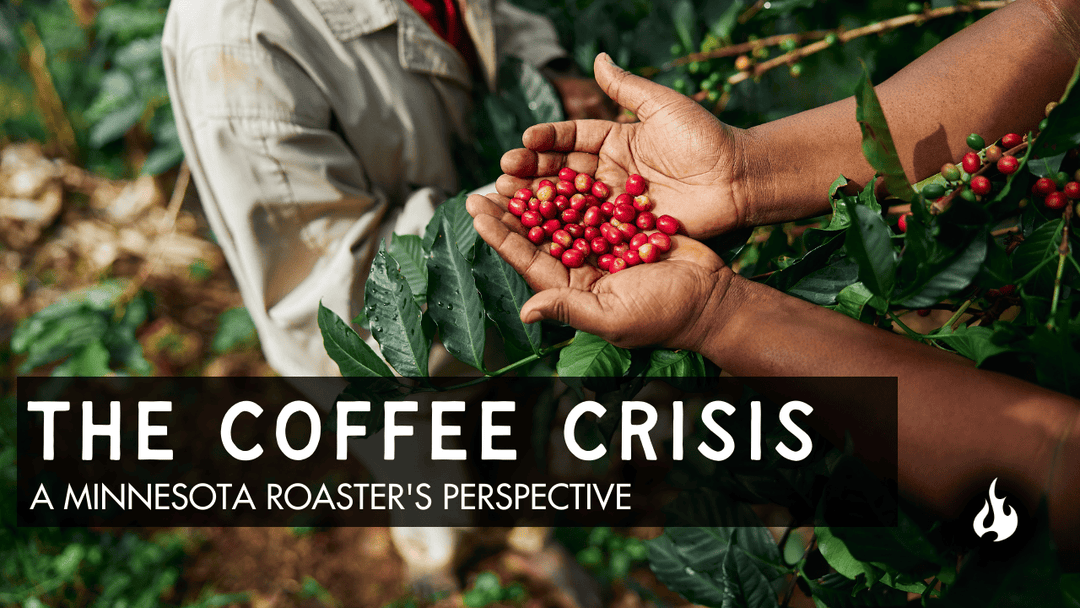Our Take on Fair Trade
Our Take on Fair Trade
When it comes to specialty coffee, where you get your beans isn't just about taste; it's also about ethics and the environment. Ember Coffee Company is proud to support small farms, try to find coffee that can be traced back to the farmer, and buy certified coffees when we can. But the complicated facts of coffee certifications and the different ways to help coffee farmers need to be looked at more closely.
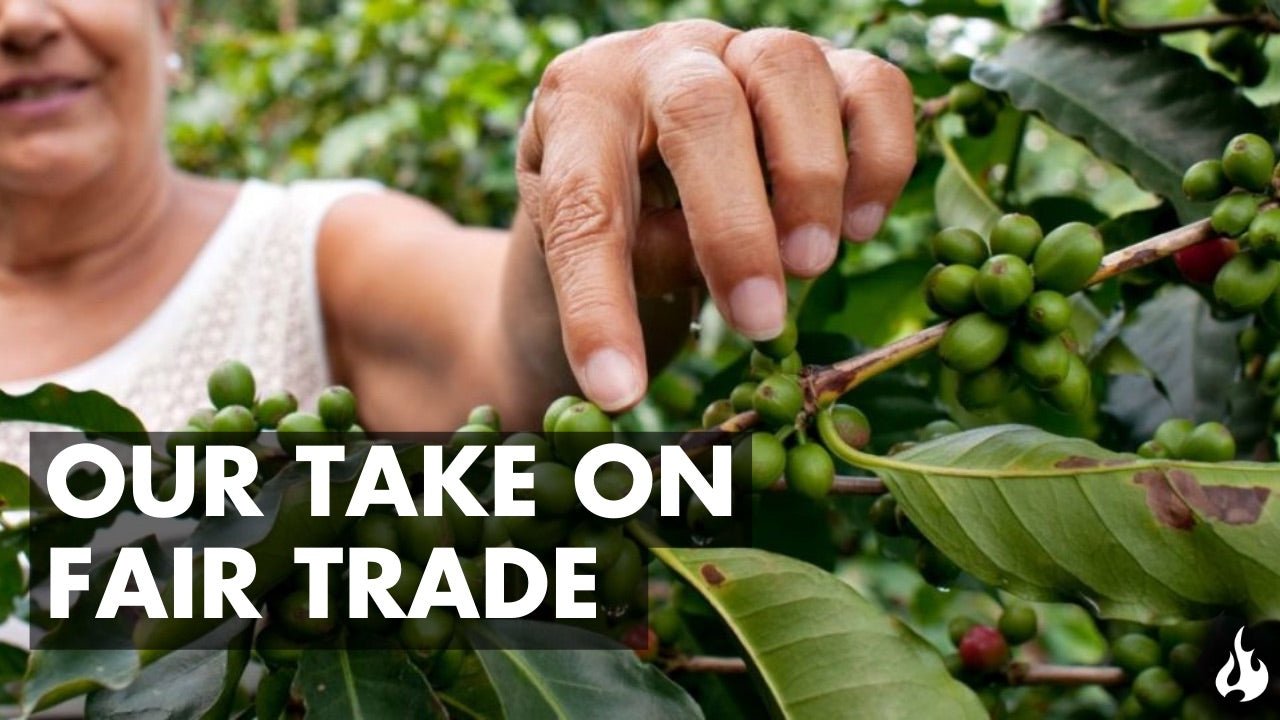
When it comes to specialty coffee, where you get your beans isn't just about taste; it's also about ethics and the environment. Ember Coffee Company is proud to support small farms, try to find coffee that can be traced back to the farmer, and buy certified coffees when we can. But the complicated facts of coffee certifications and the different ways to help coffee farmers need to be looked at more closely.
Why Certifications Are Important But Hard for Many to Get
Certifications like Fair Trade, Direct Trade, Bird Friendly, and Rainforest Alliance have good intentions. They want to make small farmers' lives better, encourage environmentally friendly practices, and protect wildlife areas. These licenses are very important for helping people make moral decisions. One big problem, though, is that these licenses are hard for many producers to get. Not being able to get approved because of the high cost can stop small farmers from farming as they should. Because of this, many makers who deserve to be certified are left out.
Taking into account unofficial efforts and direct support
Certifications are useful, but they're not the only thing that can help coffee farmers. Ember Coffee Company is one of many coffee shops that directly supports farmers by paying them fairly, telling their stories, and carrying coffees from co-ops run by women or that are investing in making their communities better. Even though they aren't official, these activities are very important for helping coffee communities.
There are problems with fair trade and certifications
Even though fair-trade certifications are meant to be helpful, they face problems and complaints that can't be ignored. According to research, the costs of getting certified can cancel out the economic benefits of fair trade methods, leaving only small long-term benefits. Along with that, fair trade may bring in beans of lower quality, cost farmers a lot, and not really help the poorest producers. It is also still not clear how fair-trade fees are used and whether they are being used efficiently.
Direct Trade: An Alternative That Works?
Direct trade, in which sellers make deals directly with growers, is looking like it might work better and last longer than fair trade. This method usually leads to better coffee and a more direct financial gain for the farmers.
Thinking Again About How to Help Coffee Growers
It's important to think about more than just raising coffee prices when trying to solve the problems facing the coffee business. Microfinance, educational help, and moving away from coffee production are some of the things that can have a bigger effect on reducing poverty and improving the lives of coffee communities. The goal of these measures is to get to the bottom of poverty and give producers a variety of job options.
Why fair-trade marketing can be misleading
One big problem with fair-trade coffee is that it might lead people in the wrong way. A lot of people think that buying fair-trade coffee is a big way to help the poor, but there is proof that other kinds of programs might work better. This false belief can take attention and resources away from more effective ways to fight poverty.
Taking a balanced and well-informed approach to moving forward
It's important for companies like Ember Coffee Company to keep a balanced and well-informed view as they work through the complicated coffee business. We know that licenses are important, but we also know that they have their limits. That's why we try to help coffee farmers in many ways. More than just certifications, we are committed to providing direct help, fair pricing, and telling the stories of our producers.
A Promise to Source Coffee in an Ethical Way
To sum up, getting coffee in a decent way is more than just getting certifications. It means having a deep knowledge of the problems coffee farmers face and the different ways you can help them. As a coffee company, we want to make smart decisions that not only give our customers good coffee but also protect the health and safety of the farmers and their towns. We can help make the coffee business more sustainable and fair by looking into and using a range of support methods, such as fair trade, direct trade, and others.
In the world of coffee, we are always learning new things, and as we get bigger, our methods and ways of doing things will change too. The goal is to make a good difference that can be felt from our coffee shop in Big Lake, Minnesota, to the faraway coffee farms around the world. To be a part of a movement that values both the quality of the product and the quality of life for those who make it, we want to build direct relationships with farmers, learn how complicated certifications are, and look into other ways to help.
Our approach to coffee buying isn't just about making money; it's also about being a good coffee community member around the world. So that everyone can enjoy great coffee and help make the coffee business fair, sustainable, and empowering for everyone, we want our customers and peers to join us on this journey.


